A rent-to-own (RTO) condo agreement is one of the best ways that aspiring home buyers can pursue their ownership goals in today’s real estate market.
It’s a “slow but steady wins the race” kind of life with a RTO contract. With this ownership path, you get to rent out your dream home while slowly building your financial capability to purchase the property at the end of your lease.
DMCI Homes Leasing offers a premier example of RTO called Home Ready. With this program, you’ll be able to lease a condo unit for a predetermined amount of time, with the ability to purchase said property at its lock-in price at the end of your rental period.
Think you’re best suited for a RTO-style real estate investment? Then check out this guide for tips, descriptions, and criteria for this exciting home ownership path for yourself today.
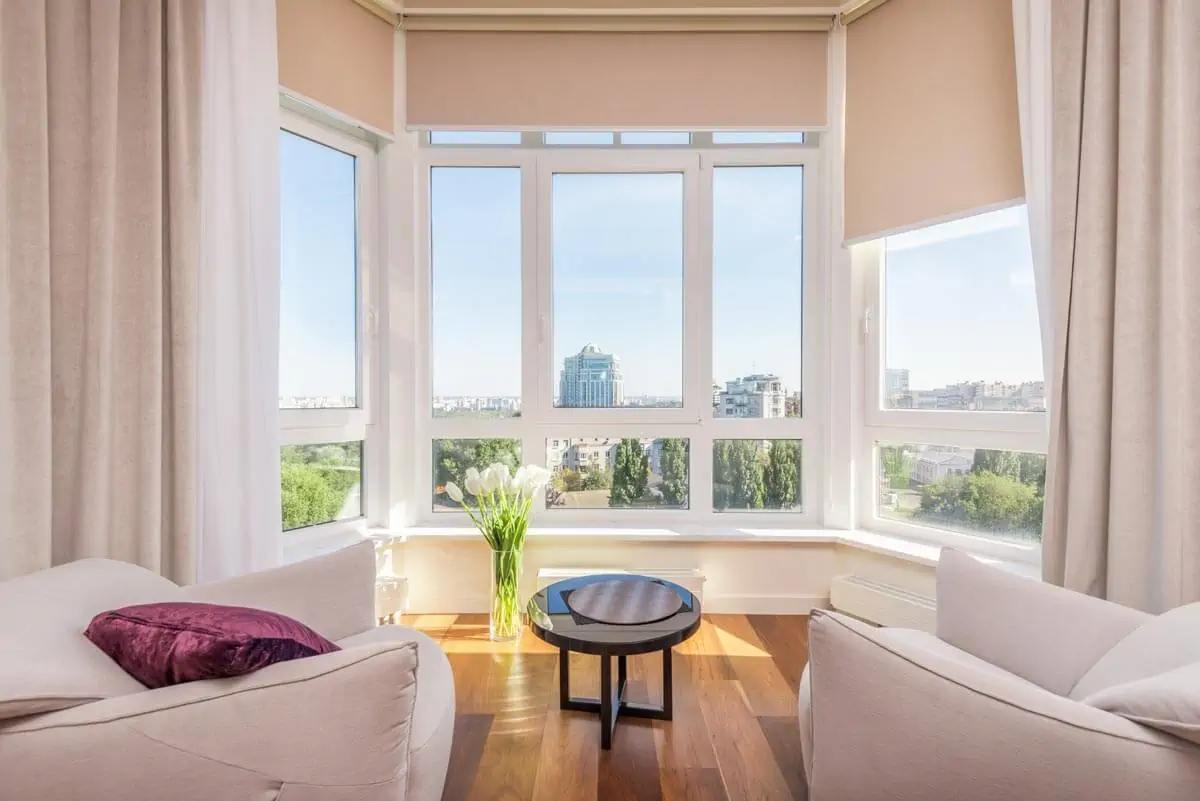 Photo courtesy of Max Rahubovskiy via Pexels
Photo courtesy of Max Rahubovskiy via Pexels
Understanding condos for rent-to-own
Before you jump into the benefits and criteria of a rent-to-own property, you need to understand what this agreement type entails first.
A rent-to-own (RTO) agreement is a deal wherein you sign a contract to rent a property for a specific period, with the option or requirement to buy the unit when the period ends. Throughout the duration of your rental, you can improve your credit score, furnish your home, and even pay off your down payment, all to have a smooth transition to ownership by the end of your lease.
There are two types of RTO: lease-purchase and lease-option. If you sign a lease-purchase type of contract, you’ll be required to purchase the condo you stay in by the end of your lease. If you sign a lease-option type of contract, you will have the option, but not the obligation, to purchase the condo at the end of your given lease.
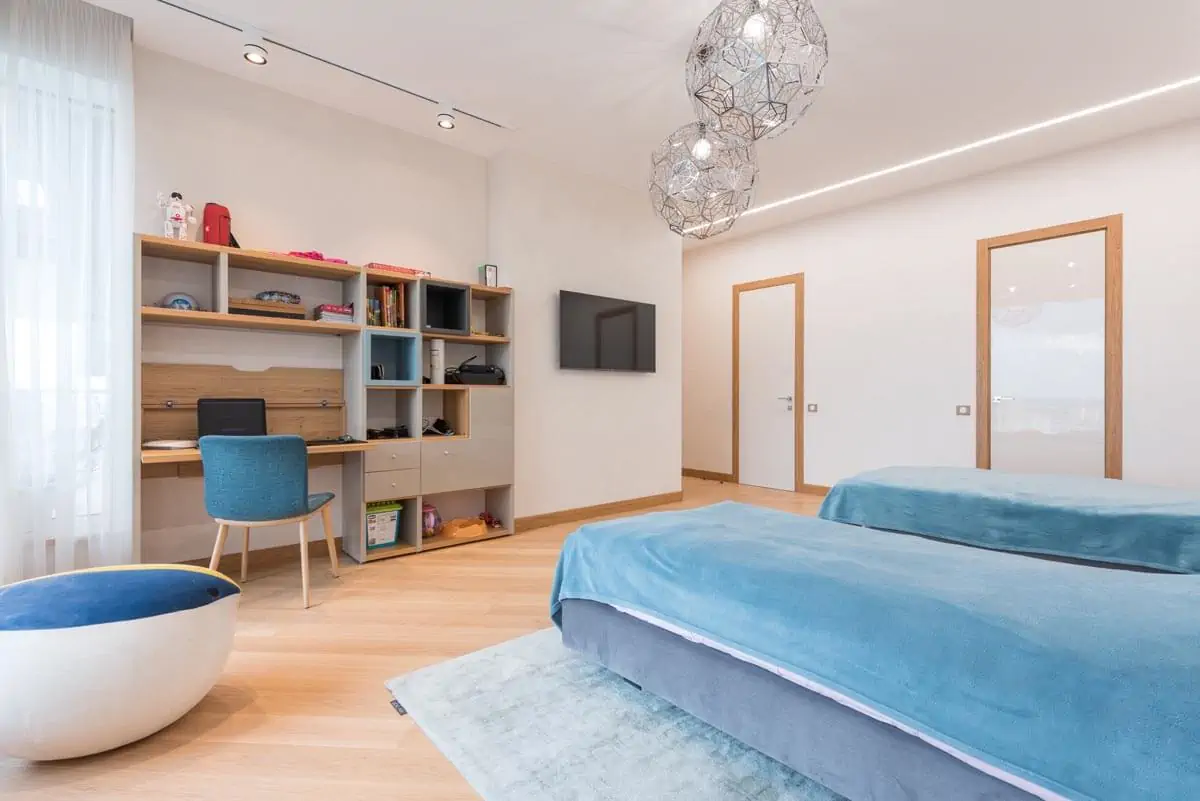 Photo courtesy of Max Rahubovskiy via Pexels
Photo courtesy of Max Rahubovskiy via Pexels
RTO vs. traditional condos for rent in the Philippines
There are tons of differences between a RTO condo agreement and a traditional condo agreement. Ranging from payment flexibility to tax benefits, these differences can make or break your decision to buy or rent real estate in the Philippines today.
Here’s a list of some of the major differences between the two, to help you determine what works best for your real estate investment needs:
1. Property value
Since you work towards the ownership of a unit under RTO, you eventually pay for the full value of a property over time. With a traditional rental agreement, you don’t pay as much because you aren’t buying property in the first place.
2. Tax benefit
As a traditional renter, you don’t pay for the real property tax (RPT) of a condo. With rent-to-own, you pay for RPT once you own the home, as dictated by your contract.
3. Payment flexibility
Both agreement types require monthly payments over a certain period; however, RTO is technically more flexible because you can negotiate payment schedules for additional costs like down payment and RPT.
 Photo courtesy of Pixabay via Pexels
Photo courtesy of Pixabay via Pexels
4. Insurance
If you make RTO work for you, you can include insurance in your monthly payments, so that you’re fully covered by the end of your lease. Renters don’t pay for insurance because they don’t avail of the insurance that goes with owning the property.
5. Repairs and maintenance
For both agreement types, you need to clarify the terms of repairs and maintenance for the home with your landlord.
6. Use and ownership
At the end of a rent-to-own agreement, you can have the option to own this new home. With a traditional rental agreement, you will not have any ownership over the property you live in at the end of your lease.
Want to own a home in the near future? A lease-purchase agreement is the best choice for you. Interested in property ownership but aren’t sure of your final plans yet? Explore a lease-option agreement instead. Not interested in ownership at all? Traditional renting is your best bet.
What works best for you will depend on your real estate investment goals. So make sure you assess your needs accordingly to ensure the best agreement choice for yourself today.
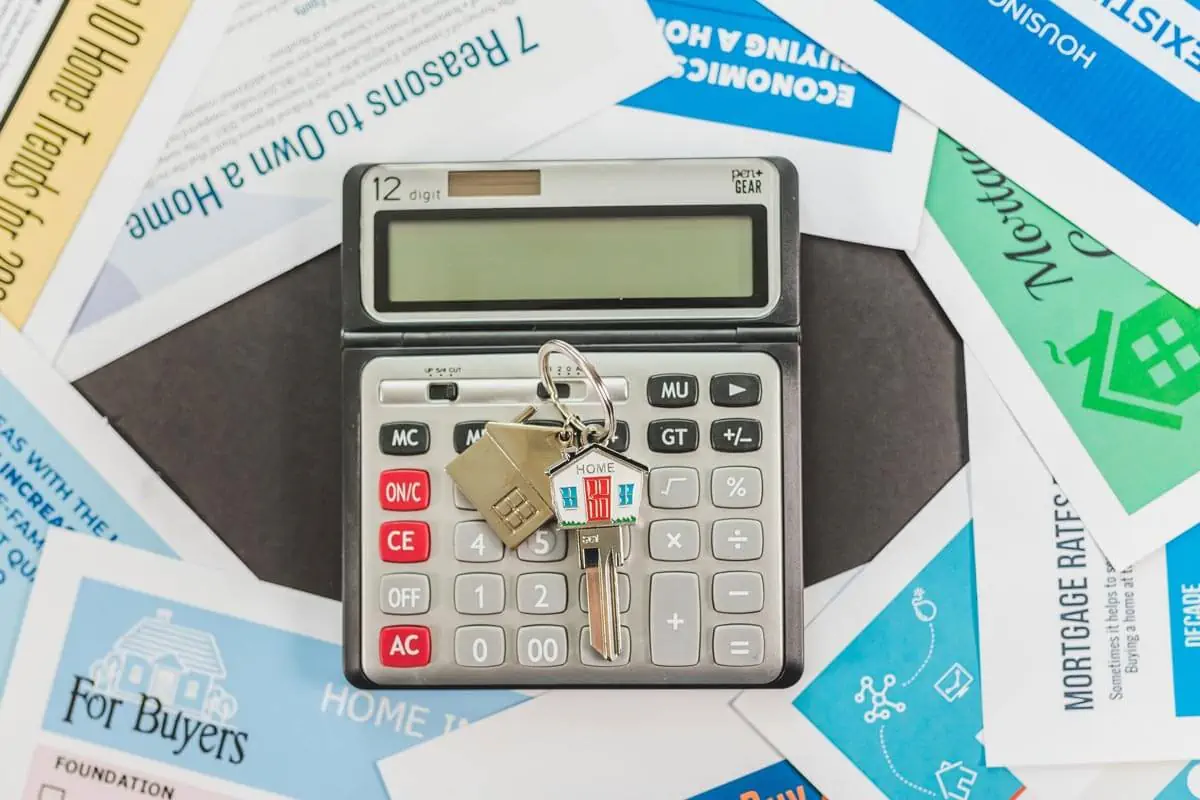 Photo courtesy of RODNAE Productions via Pexels
Photo courtesy of RODNAE Productions via Pexels
Criteria for a contract for rent-to-own condos
Think you’re best suited for a RTO contract? Then here are some of the major criteria points that you’ll need to hit as you invest in this real estate agreement type this year.
1. Financial capacity
Assessing your financial situation is standard practice for any real estate investment, and RTO is no different. To see if you’re financially capable of pursuing a this type of agreement for your rental, assess the following qualifiers:
- Income and expenses - Will you have a stable or growing income throughout the duration of your rental? Can you limit or cut down your bills and expenses? All of these will be necessary to pay off your monthly rent, down payment, and future mortgage payments.
- Credit score - How is your credit health doing right now? What are some ways you can stabilize or improve it over the duration of your lease? Take time to improve your credit score so that you qualify for a loan when you purchase the property.
- Affordability - Can you afford the market price of the property even before the start of your lease? If not, how do you plan on affording the home when it comes to the purchase date? Strategize your budget in order to afford your purchase when the time finally comes.
2. Property assessment
Remember: you’re purchasing a property for yourself for the long run. Make sure your condo unit is actually a comfortable home by assessing the following property criteria:
- Location - Before you get into any agreements or leases, make sure to check if everything you need is within reach at your chosen condo location. This might include your workplace, school, grocery store, or public transportation.
- Value and appreciation potential - Talk to your real estate agent to see what the location’s value and appreciation potential might be - should you consider reselling or leasing the property after your own rental period.
- Condition and maintenance requirements - Take time to assess the current condition of your unit, and make sure there are maintenance staff onsite to help you when you need assistance with repairs.
 Photo courtesy of RODNAE Productions via Pexels
Photo courtesy of RODNAE Productions via Pexels
3. Contract evaluation
Your contract is your bible. Between you and your landlord, your contract should protect and uplift both your rights to ensure a smooth real estate experience. Here are some things you should always know before signing any agreements with your lessor today:
- Terms and conditions - What dues will you pay for throughout the duration of your stay, and when exactly will you be required to pay these costs? Discuss terms and conditions for payouts like RPT, insurance, repairs, and maintenance before signing any agreements.
- Rent credits and tax fees - Clarify with your landlord whether rent credits and tax fees are included in your monthly payments, in order to have all your financial obligations aligned at the end of your rental period.
- Purchase price and appraisal value - Set and agree upon your purchase price as early as possible, in order to avoid market price fluctuations over the duration of your lease.
4. Legal considerations
In addition to reviewing the aforementioned clauses in your contract, you need to take the following legal aspects into consideration too, as you prepare your rent-to-own agreement today:
- Contract validity and enforceability - Be clear on the length and validity of your agreement and, if possible, have a lawyer or legal advisor enforce the rules throughout the duration of your contract as well.
- Compliance with local laws and regulations - Have a broker or real estate agent review your agreement to ensure it complies with Philippine real estate laws. This ensures the protection of both parties in the established document.
- Dispute resolution mechanisms - Make sure your agreement lists action steps to resolve disputes between you and your landlord, like who handles maintenance, who pays for RPT for the duration of your stay, and more.
 Photo courtesy of RODNAE Productions via Pexels
Photo courtesy of RODNAE Productions via Pexels
5. Risks and benefits analysis
For this criteria point, you’ll want to assess the following qualifiers to ensure the best possible rent-to-own experience for yourself:
- Risks of default and foreclosure - By entering this type of agreement, are you putting yourself at risk of mortgage default and foreclosure? Avoid this scenario by utilizing a home loan calculator for all your mortgage needs.
- Benefits of equity building and homeownership - Do the benefits of building equity outweigh the aforementioned risks? Are you desperate to become a homeowner ASAP? Analyze the benefits and see if they outweigh any risks associated with the overall process.
- Comparison with other investment options - Is real estate the best option for you, or are you better suited for other long-term investments? Don’t close yourself off to the options; be open to exploring and comparing various investments for your financial future.
6. Market trends and outlook
Ready to think far beyond the duration of your lease? Take these market trends and outlooks into account for when you gain full ownership of your brand new unit:
- Demand and supply dynamics - Will your property be in high demand over the next few years? Observe the dynamics of your property type’s demand and supply to see if it will have a great return on investment (ROI) in the near future.
- Market price and rent fluctuations - Not only should you observe your unit’s market price to lock it in early on, you should also observe how your rent fluctuates in order to assess its desirability for future condo resale.
- Future development plans and prospects - Thinking of renovating or improving your new condo home? Don’t be afraid to put these prospective plans into action - your unit will be yours in the future, after all.
 Photo courtesy of RODNAE Productions via Pexels
Photo courtesy of RODNAE Productions via Pexels
7. Additional amenities
Make sure to lock in these additional amenities as well, especially if you need them to ensure a happy condo-dweller lifestyle:
- Parking and association dues - Are these dues part of your monthly payments, or are they an additional expense for your financial consideration? Clarify these with your lessor before you sign your rent-to-own contract.
- Lifestyle amenities - Does your chosen location have resort-style amenities like pools, gyms, parks, or gardens? Check these amenities out to secure a relaxing condo-dwelling lifestyle for your benefit.
- The condo community at large - If you plan on raising a family in your new condo, go for a condo experience that values and fosters a sense of community among its residents too.
8. Professional advice and assistance
The last criteria you should take into consideration when assessing your future investment is the amount of support you can gather for your upcoming RTO experience. These sources of professional advice and assistance should include:
- Real estate agents and brokers - The real estate agents at DMCI Homes Leasing, for example, can offer unique rent-to-own programs and services to help you meet your long-term needs and goals.
- Lawyers and legal advisors - These lawyers and legal advisors can help you review your contracts and make sure protections are in place to ensure your smooth transition from renter to homeowner.
- Financial planners and advisors - With the help of financial experts, you can plan your RTO expenses ahead of time and determine strategies to support your home ownership goals over the next several years.
 Photo courtesy of RODNAE Productions via Pexels
Photo courtesy of RODNAE Productions via Pexels
Debunking misconceptions for RTO-style rent in the Philippines
Even if you decide that RTO is the best path to ownership for you, if you don't have enough expert information on it, you might end up believing in some misconceptions surrounding this form of rent in the Philippines. Here's a bit more information on some misconceptions you’ll want to debunk as you pursue this type of real estate contract today:
- It’s more expensive than traditional home buying. If you sign this type of contract when the property’s sale price is low, you can buy it at that lowered price at the end of your lease - even if the market value of your condo increases drastically.
- Contracts are rigged against buyers. Work with companies that have a track record of protecting tenant rights and you’ll never have a problem with rigged contracts.
- It’s only available for condos. RTO agreements can apply to any type of real estate, as long as its developers or current owners offer this type of contract.
- It’s only for people with bad credit. While you should always strive to have great credit, you can pursue this type of contract regardless of your score. However, you can definitely use your rental period to improve your credit before you purchase your condo.
- It means renting indefinitely. As mentioned in a previous section, this type of agreement usually has a very specific timeframe and deadline to ensure all parties are protected throughout the contract period.
- RTO contracts are impossible to get out of. Once you move into your RTO condo, complete the rental period, and pay off all fees, you’ll have complete ownership of your new home. This signals the end of your contract and the start of your ownership journey.
 Photo courtesy of Pixabay via Pexels
Photo courtesy of Pixabay via Pexels
- It’s a last resort. RTO contracts are one of many excellent options for any real estate investors; for some this agreement type might be a first choice for their ownership needs.
- It means living in a fixer-upper. As long as you purchase a property from reliable real estate locations, you’ll get to live in luxury homes with state-of-the-art amenities and services all throughout the lease.
- RTO is only for people who plan to stay long-term. If you sign a lease-option contract you can have the option, not the obligation, to purchase the condo home in the long run. This means that you can finish your rental period and not commit to the unit long-term.
- It’s only for singles or small families. This type of contract can work for any family size or group, especially if you’re pursuing a RTO for larger properties.
- It’s full of hidden fees. Make sure to review the fees listed in the previous sections of this guide to have a full understanding of the additional - not hidden - fees you incur with this type of contract.
- It’s a complicated process. If you read through this whole guide and still have difficulty understanding the rent-to-own process, feel free to get in touch with our experts at DMCI Homes Leasing to gain better insight into this contract type.
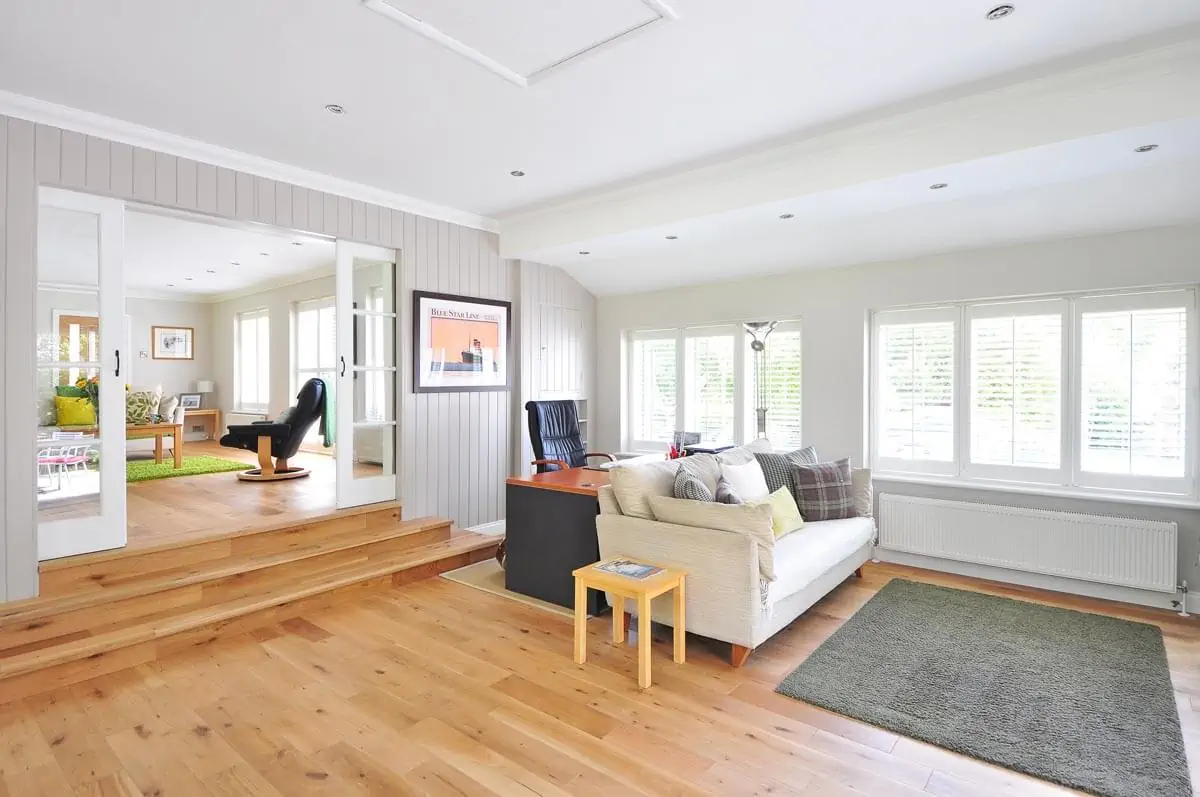 Photo courtesy of Pixabay via Pexels
Photo courtesy of Pixabay via Pexels
RTO: A good investment?
At the end of the day, your real estate journey is entirely your own. You’re the best arbiter for your own investment needs. You know what’s best for you when it comes to assessing your eligibility for RTO.
Hopefully, this guide was able to help you understand rent-to-own as an excellent option for your investment journey. If you want more expert guidance on this type of real estate agreement, you can always talk to the experts at DMCI Homes Leasing for additional advice today.
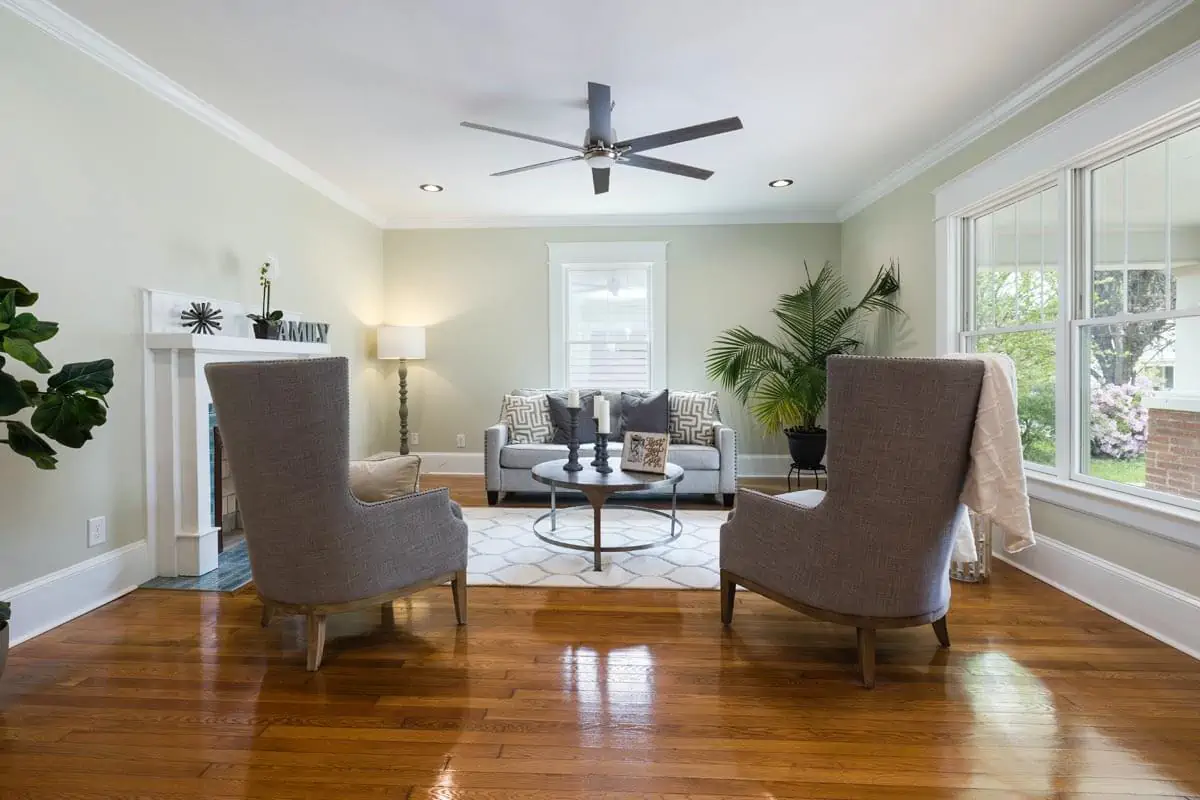 Photo courtesy of Curtis Adams via Pexels
Photo courtesy of Curtis Adams via Pexels
Key takeaways
Assess the best criteria for your home ownership goals with RTO condo properties today. Bring these key takeaways with you to properly pursue this kind of lease agreement for your real estate goals this year.
- Identify your long-term property goals. Would you rather own a property or continue leasing in the long run? By identifying this long-term property goal, you can determine next steps for your real estate investment.
- Assess your financial capabilities. This type of contract should provide you with enough time to save up for your final purchase. Use the time to assess and invest in your finances to ensure a purchase at the end of your lease.
- Set goals with expert support. Don’t be afraid to reach out to your leasing company for expert support and advice on your condo options this year.
Stay up-to-date on condo options for your home ownership goals with DMCI Homes Leasing today. Remember to check out our social media accounts to stay in touch too: Facebook, Twitter, Instagram, and YouTube.









